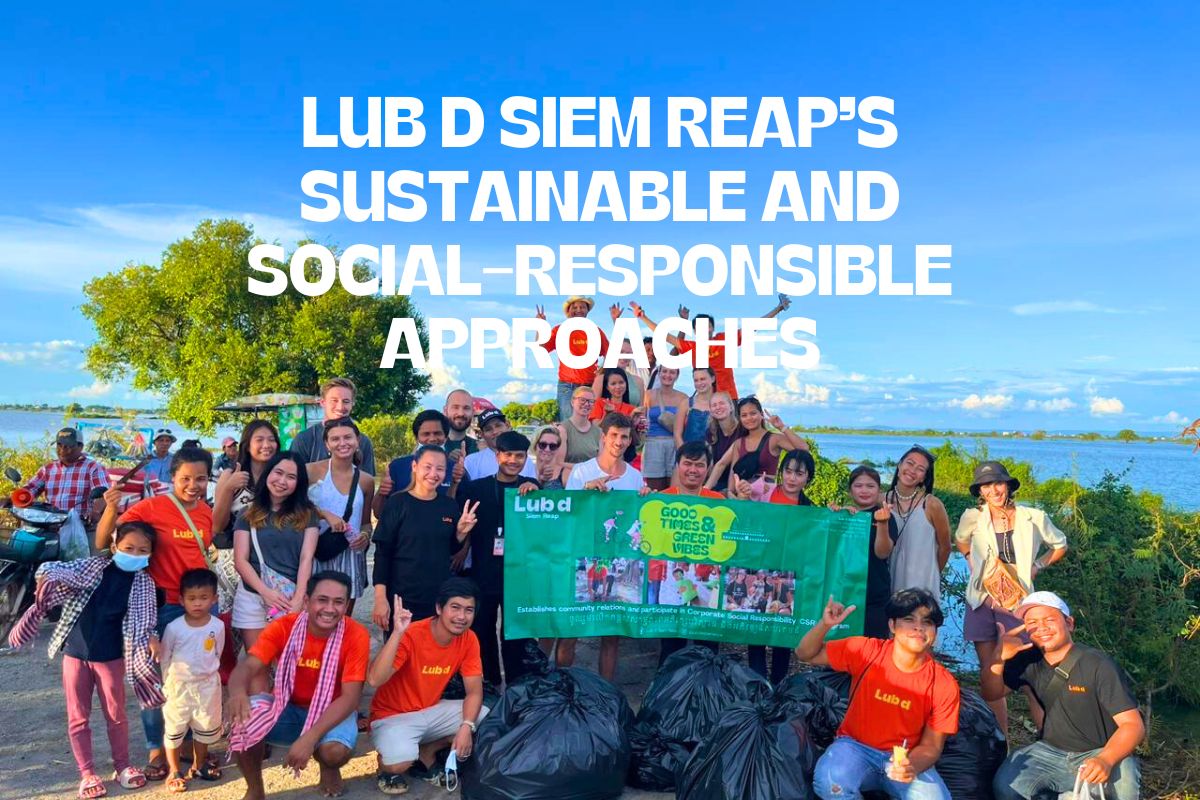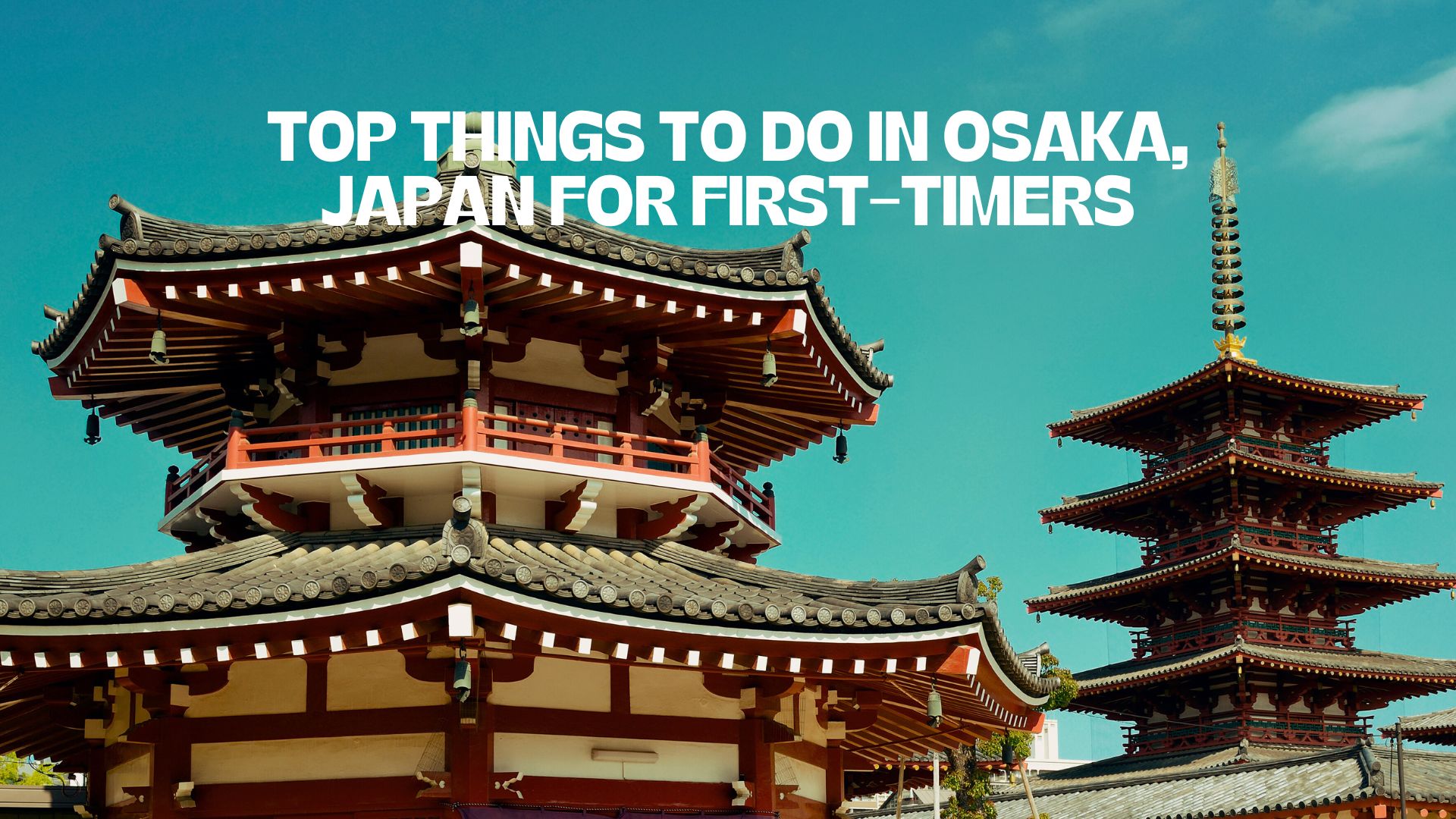10 Eco-Friendly Tips for Sustainable Travel in Siem Reap

Exploring sustainable Siem Reap travel presents an opportunity to engage conscientiously with the local community while supporting their business, for instance, visiting the unique floating village to immerse in the authentic life of the local people.
Embracing eco-friendly practices is pivotal to preserving the charm of Siem Reap. To ensure a sustainable journey, prioritize interactions with the local community, supporting their endeavors and cultural heritage.
Opt for responsible sustainable travel by choosing eco-conscious accommodations and tours that respect the delicate balance of Siem Reap’s ecosystems.
Lub d comes up with 10 different tips on how can you make your trip to this cultural site of Siem Reap greener and more sustainable.
Read Also:
Landmine Museum: Unveiling Cambodia’s Hidden History
How To Get Around Siem Reap, Here Are 7 ways
7 Days in the Gateway to Angkor!

1. Choose Eco-Friendly Transportation
To truly absorb Siem Reap’s essence, opt for eco-friendly travel modes like walking or cycling. If traveling long-distance, consider traveling through vibrant neighborhoods and temples by bicycle while shrinking your carbon footprint.

2. Minimizing Plastic Waste
Cambodia faces the global challenge of single-use plastics. Combat this by carrying your reusable water bottle and refillable containers for toiletries and snacks. Request restaurants to forgo plastic straws and disposable utensils, a small but impactful step towards a plastic-free city.
3. Supporting Local Business
Immerse in the local economy by patronizing small, family-run businesses. Opt for eco-conscious accommodations sourcing ingredients locally, supporting farms, and enhancing sustainability. Collect locally crafted souvenirs, ensuring your contributions directly empower the community.
4. Responsible and Respectful Exploration
Temple visits demand respect for local customs. Dress modestly, avoid disruptive behavior, and engage local guides for insightful and respectful experiences. Honor the sacred structures by refraining from touching or climbing them.

5. Sustainable Accommodation Practices
Siem Reap’s Water Concerns
The majestic Angkor Wat is situated on the region’s groundwater and is now currently facing a pressing issue. The swift extraction of groundwater to cater to the influx of visitors risks destabilizing these ancient temples.
The looming threat of structural damage due to illegal water extraction is an ongoing problem that needs to be fixed.
The Floating Village, Tonle Sap
The floating villages on Tonle Sap Lake rely on water resources heavily for their daily water needs. Yet, increased tourism and growing population pressure have strained this vital water source for those who live in this floating village.
The delicate balance of the lake’s ecosystem is threatened by factors like pollution, over-extraction for irrigation, and unregulated tourism practices.
As more tourists visit these villages, the demand for resources, including water, escalates. The influx of visitors, coupled with insufficient waste management systems, exacerbates pollution in the lake, affecting its quality and potability for residents.
Mitigating Water Issues
Choosing accommodations that guarantee sustainable practices and an active water policy can ensure that you can mitigate the deterioration of the ancient site of Angkor Wat.
Make conscious choices in accommodations that champion eco-friendly practices. From water conservation measures to energy-efficient appliances, choose places that align with your commitment to sustainability.
6. Respecting Wildlife and Natural Habitats
Siem Reap boasts a rich tapestry of wildlife, including endangered species. It’s crucial to honor their habitats and avoid disturbing or feeding them. Littering in natural areas poses threats to wildlife and environmental pollution, making responsible waste disposal imperative.

7. Opting for Eco-Friendly Tours and Activities
When planning your Siem Reap itinerary, prioritize tours and activities offered by companies committed to sustainability. Choose operators that minimize environmental impact and actively contribute to conservation efforts. Your support fuels responsible tourism practices, preserving Siem Reap’s allure for future generations.
8. Engaging with Local Communities
Interacting with Siem Reap’s locals offers a gateway to cultural immersion. Take the opportunity to learn about the local community and the traditions, contributing to their well-being through volunteering or backing community-based initiatives. Your involvement fosters sustainable development, nurturing the local fabric of Siem Reap.
9. Spreading Awareness and Inspiring Change: Advocacy for Responsible Tourism
Sharing your sustainable travel experiences initiates a ripple effect. Encourage friends, family, and fellow travelers to adopt eco-conscious practices. Through your insights, inspire a global community committed to responsible tourism, cultivating a positive impact on destinations worldwide.
10. Be Aware of Fake Orphanages / Donations
Be cautious of counterfeit orphanages targeting tourists for monetary gain. The surge in tourism has led to an increase in such illegal organizations.
If you want to help the children, make sure to donate to a legitimate and established organization.

Siem Reap Sustainable and Affordable Accommodation
Lub d Siem Reap stands as an affordable haven that treasures social connections and immerses guests in the rich tapestry of Siem Reap’s local cultures.
Our array of city and street food tours, Angkor Wat explorations, and countryside excursions aim to deepen cultural experiences for our guests.
Committed to sustainability in hospitality, we prioritize eco-conscious practices by utilizing recyclable materials and actively engaging in initiatives such as garbage collection, tree planting, and food donations.
These endeavors aren’t just among our staff but also invite guests to participate, fostering a sense of shared responsibility towards the community and the environment.
At Lub d Siem Reap, we believe in crafting meaningful experiences that not only offer comfort but also contribute positively to the cultural fabric and sustainable ethos of this remarkable destination.


